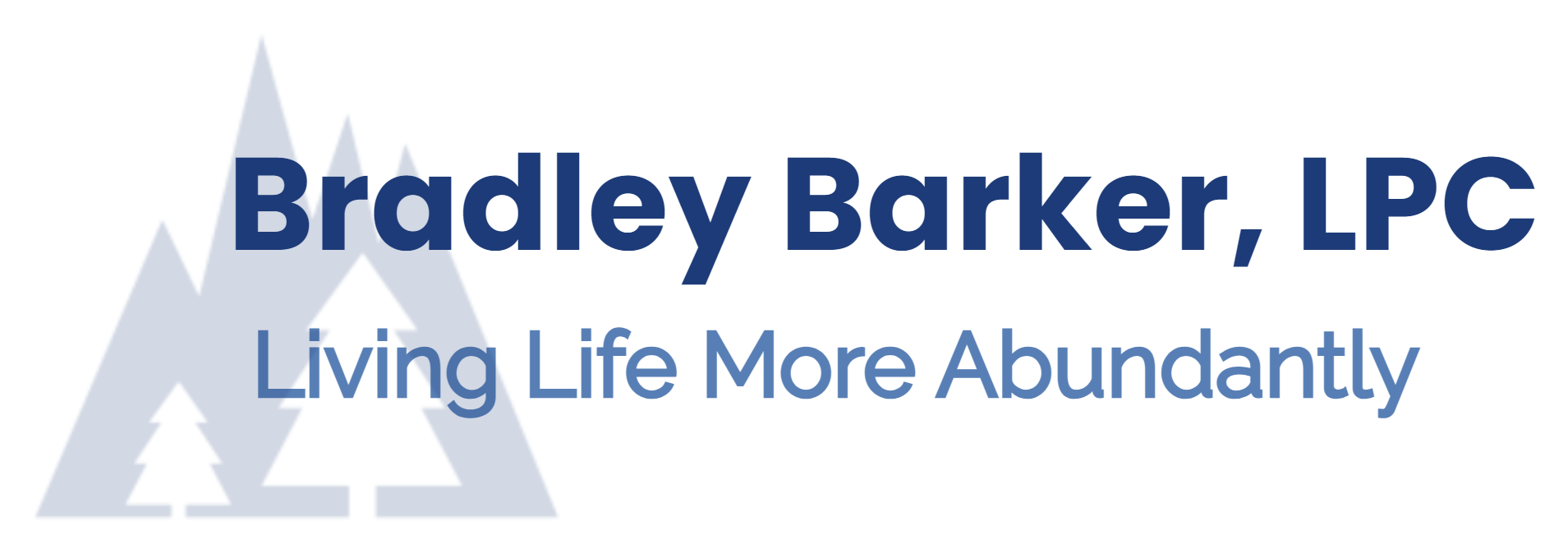Counseling for Dating & Divorce Recovery
Direction for finding love or healing from heartbreak
You want to be settled down with the love of your life, but either frustrated with the dating process or hold many emotions about the prospect of finding love. Maybe you have been waiting for so long and wondering is God ever going to provide a partner? You may also be recovering from past distressing relationships and concerned how things are going to be different this time around? Maybe you are not actively seeking love and just trying to survive the trauma of divorce. No matter what your journey has been to this point, you are needing some encouragement and direction in dating or healing from a broken relationship.
I am a professional counselor that specializes in navigating relationships. I spent many years before marriage navigating frustrations in dating and insecurities without much direction. I eventually found the way to the love of my life through restoring my relationship with God and devoting myself to helping others navigate relationship health. I started working with couples in private practice, but quickly found many singles either seeking direction in dating or recovering from divorce. I witnessed having a resource to walk with you in your journey towards love or navigating the next steps in your relationships makes all the difference in the world for installing confidence.
 Counseling for Dating
Counseling for Dating
I work with singles in their journey to settle with a life long partner. Every day I witness the frustrations of navigating the practicality of finding a date in the business of life. I also process the various thoughts & emotions that get triggered while dating. These may be reminders from past memories or insecurities about self. Everyone always thinks that “if the circumstance will just change, my problems would be resolved!” But I have found that often the dating process allows for healing of negative thoughts that get brought up and movement out of isolation towards connection.
As a psychotherapist that walks with singles in their relationship health, I can help with navigating the various thoughts & emotions in your internal world. I can help with providing trauma therapy for healing from past relationships (see my EMDR service page). Many singles also find it helpful to have a guide and gameplan for finding a date. The old joke is if you don’t ever get out of the house, the only person you will fall in love with is the delivery or post office person. Counseling can be a resource for having support in your next steps towards seeking love.
Divorce Recovery
On the other side, I work with singles recovering from a devastating relationship. Everyday I also witness the stories of betrayal from a previous spouse, or navigating a relationship in which the other person no longer wants to dance. As I was doing marital therapy, I had so many people coming to me seeking direction as their spouse they gave up and they were left to pick up the pieces of a burned down house of a relationship. So I found direction is also needed for navigating the transition back to being single, figuring out what co-parenting looks like and discerning when or how to start seeking love again. The singles I work with also needed a resource for navigating practical parenting, financial & legal stressors, or healing from the many traumatic memories in their marriage. I also work with the practicals of dating again and establishing healthy boundaries.
Just as an athlete needs a physical therapist after a significant physical trauma, I can be your psychotherapist if you are needing healing from divorce. I can tell you from witnessing the stories every day, your journey isn’t over after divorce. I am a believer that God is ultimately paving the way towards a more abundant life for you. I can help with this time of transition in your life and walk with you for healing from the past and navigating your next steps. Please feel free to reach out to me for a consultation call to see if you think I would be a good fit for either helping you to find love or heal from heartbreak.


